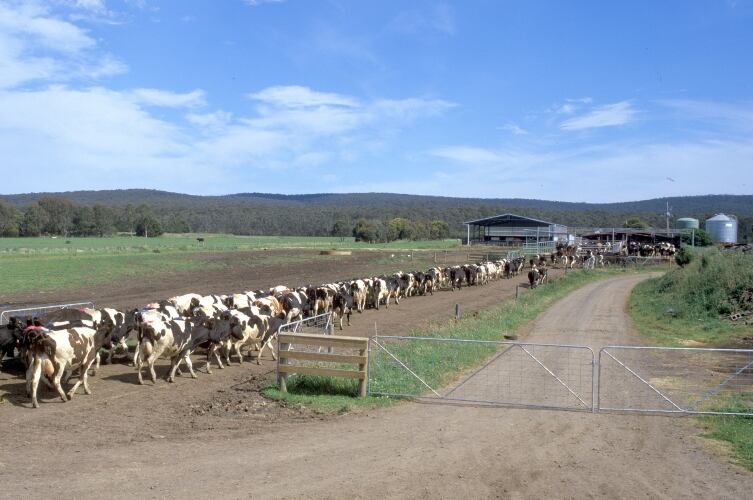Agriculture Minister Bridget McKenzie said Australia’s dairy farming organizations had worked hard to develop a code that would support dairy farmers right across Australia.
Minister McKenzie said, “The mandatory Dairy Code of Conduct was a key recommendation from the 2018 Australian Competition and Consumer Commission (ACCC) Dairy Inquiry which found contracting and industry practices were weighted heavily in favour of processors.
“That’s why it has been so important for state dairy farming organizations and dairy farmers, from across our eight unique dairy regions, to detail the protections needed and to agree what is, and what is not, acceptable conduct in negotiations and in contracts.
“The final Code is different from the draft that was consulted on and is now a stronger, clearer document that delivers the protections it should for dairy farmers.”
McKenzie said in line with feedback received from dairy farmers the code prohibits retrospective pricing step downs. It also prevents unilateral changes except in a narrowly defined set of emergency circumstances; it stops processors withholding loyalty payments from farmers who are changing processor; and it prohibits exclusive supply arrangements where other conditions would be to the detriment of dairy farmers.
The code also establishes a dispute resolution process, increases the powers of the ACCC in the space and introduces civil penalties.
“Whilst the mandatory Dairy Code is an important step forward for our dairy farmers in protecting their interests, it will not be a silver bullet for all the difficulties they are facing,” McKenzie admitted.
“Our dairy farmers are under real and sustained pressure because of the drought, high input costs for electricity, fodder and water, and a power imbalance in negotiating a fair farmgate price from processors.
“That’s why our government took a A$22m (US15m) package of support measures to the election.
“We are making A$10m (US$6.9m) in grants available to upgrade or invest in energy efficient equipment to reduce dairy farmer energy costs and we’ve invested A$8.1m (US$5.6m) in additional funding to the ACCC’s Agriculture Unit and established a dairy specialist. The recent finding against Coles concerning its branded two and three liter milk is a demonstration of that at work.”
ACCC approval
The ACCC welcomed the announcement.
ACCC deputy chair, Mick Keogh, said, “Our dairy inquiry identified that imbalances in bargaining power between processors and farmers has allowed processors to transfer much of their risk onto farmers.
"We also identified a lack of transparency in contract and pricing practices, limiting the ability of farmers to compare offers from different processors and hence reducing competition.”
Keogh said a mandatory code was the best way to address the systemic industry problems.
“We look forward to working with dairy farmers and processors as the new code is implemented. We will also be working closely with the members of our new Dairy Consultative Committee, to help ensure a smooth implementation.”
The ACCC will be responsible for enforcing the mandatory code. A review of the code’s role, impact and operation will take place after 12 months.
In October 2016, the ACCC was directed by then-Treasurer the Hon Scott Morrison MP to hold an inquiry into the competitiveness of prices, trading practices and the supply chain in the Australian dairy industry.
The Dairy Inquiry final report was released on April 30, 2018. Recommendation 8 of the report proposed the introduction of a mandatory code of conduct for the industry.

